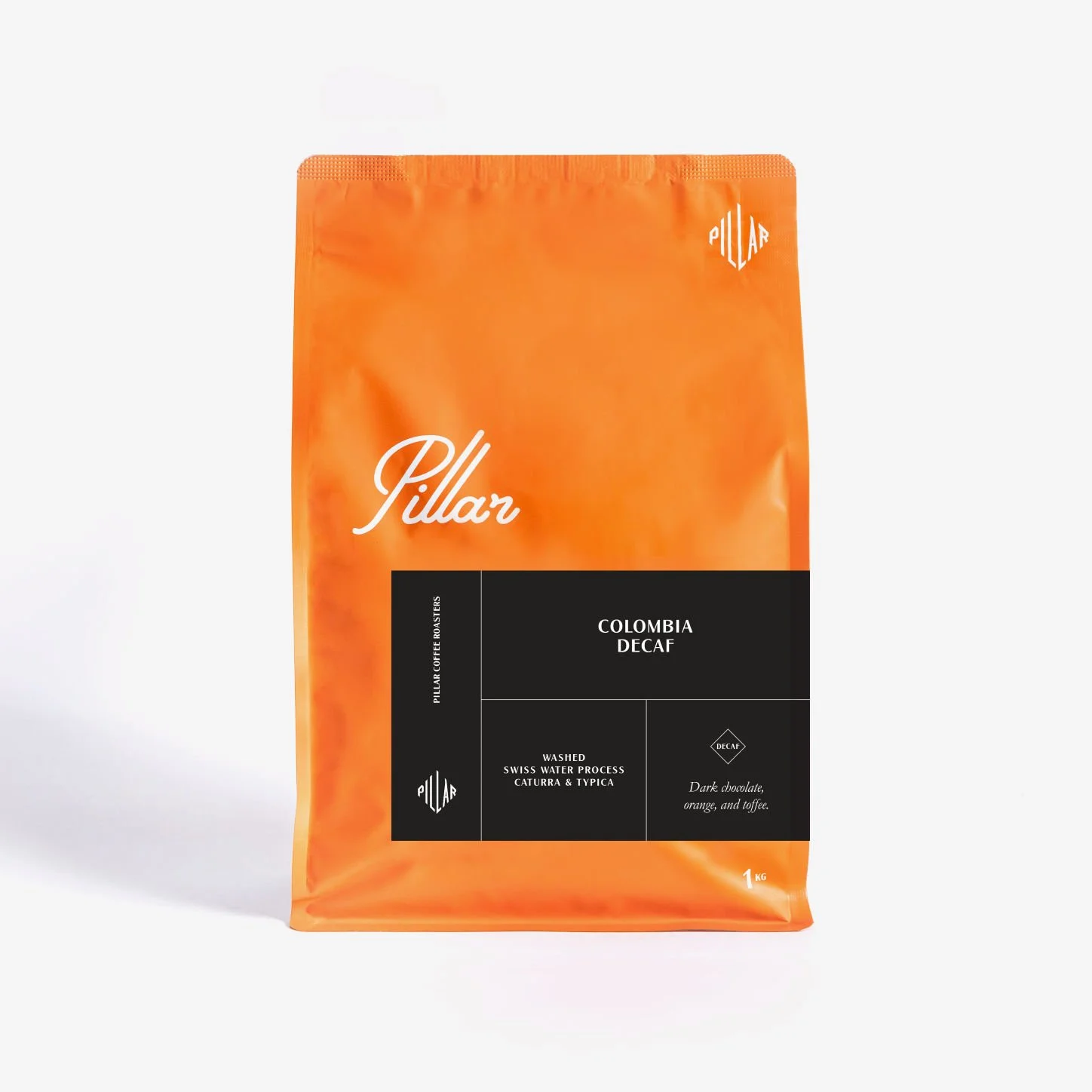El Salvador Jose Engilberto Hernandez - Filter


El Salvador Jose Engilberto Hernandez - Filter
El Salvador
Jose Engilberto Hernandez
Chalatenago
San Ignacio
Santa Rosa
1700 masl
Pacas
Washed
Nectarine, bonfire toffee, and honeybush tea.
Jose Hernandez runs two farms in El Salvador, focusing on growing Pacamara, Bourbon, and Pacas coffee varietals. He’s all about quality and innovation, using a unique three-tier drying system.
But first things first, the coffee is selectively picked and de-pulped the same day before being transferred to fermentation tanks. The coffee ferments dry for approximately 28–30 hours before moving on to the next step, which varies depending on its desired process. For washed coffees, washing takes place straight away, and for honey-processed lots (semi-washed) the coffee goes straight to drying with the correct pectin layer left intact.
"I'm going to build these different levels": Through Jose's 3-tier system coffee spends 4 days on the lowest tier, 5 to 6 days on the middle tier, and 5 days in full sun on the top tier. As you can visualise this helps to ensure a slow even drying of the coffee with each subsequent tier providing partial shade for the layer below and before it until it reaches the top tier.
The coffee is moved approximately every 15 minutes during drying to ensure against any overfermentation or mould. A lot of work, but the result is a delightfully clean cup with stone fruit on the nose and a rich lingering sweetness.
El Salvador and its microlots: Microlots from El Salvador are all about small-scale, high-quality coffee production. These come from smallholder farmers and established estates that are especially prominent in regions like Chalatenango. Chalatenango coffee farms tend to be modest in size, averaging 3.5–10.5 hectares, and known for their iconic El Salvadoran varietals like Pacas, Pacamara, and Bourbon.
Chalatenango, or the 'valley of water and sand', is a cool, northern region of El Salvador that has earned a spot on the specialty coffee map. In 2007, a Chalatenango Pacamara won the prestigious Cup of Excellence competition, putting this area on the radar of the international coffee community.
El Sal--small but mighty: El Salvador might be the smallest country in Central America, but its coffee legacy is massive. Known as the 'land of volcanoes', the country has rich, volcanic soil perfect for growing coffee.
While coffee was planted in El Salvador for the domestic market as early as the 1700s, it really took off in the 1800s when indigo exports declined as a result of synthetic dyes, making coffee a major economic driver.
By the 1970s coffee exports accounted for 50% of El Sals GDP, but it wasn't to last as socioeconomic and political unrest threw the country into civil war for more than a decade. Many farms were abandoned and many experienced intergenerational farmers left the sector. The 80's farmers faired little better with various land distribution projects and agrarian reform disjointing the coffee industry. Finally, a peace agreement in the 90s enabled the coffee industry to begin to recover.
In 2003 The Cup of Excellence signalled to the coffee world that El Salvador was back and better than ever. The competition put a spotlight on the country’s unique varietals and distinctive flavour profile, sparking somewhat of a renaissance in Salvadoran coffee.
A new kind of battle: El Salvador’s coffee farmers are currently battling coffee-leaf rust, which has caused yields to drop by as much as 50% in some areas with farmers battling to keep as much of their heirloom varietals as possible. It puts Savatorian farmers at somewhat of a crossroads with many forced to face the decision of what varietals to grow and which direction to go in. At the end of the day, heritage must be preserved, but survival is king.
Our green import partner Cafe Imports has been a key player in supporting Salvadoran coffee. Green coffee buyer Piero Cristiani, whose family has deep roots in the industry, works for part of the year with farmers on the ground to ensure quality and sustainability.
From sourcing parchment coffee to final sorting, initiatives and support not only help producers financially but also ensure these incredible microlots make their way to Melbourne.









